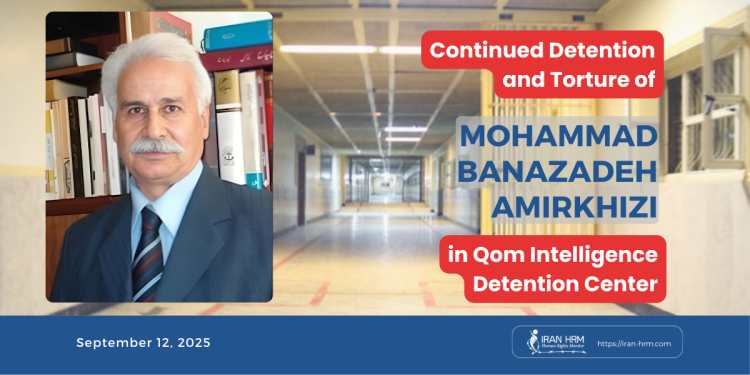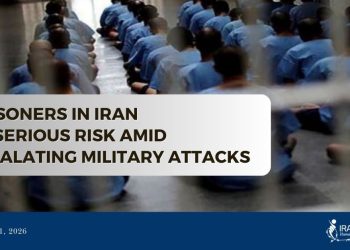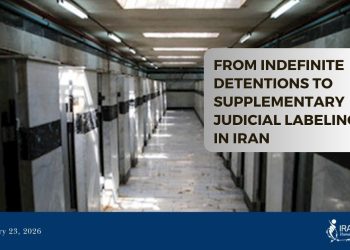Mohammad Banazadeh Amirkhizi, a 79-year-old political prisoner and a survivor from the families seeking justice for the 1980s massacres, continues to be held under extremely harsh conditions in the Qom Intelligence detention center. Despite suffering from multiple illnesses and a critical physical condition, he is denied access to medical services and is kept in solitary confinement under repeated interrogations and severe psychological pressure.
Arbitrary Arrest and Family’s Lack of Information
According to reports, on the morning of Monday, July 28, 2025, security forces entered Mohammad Banazadeh Amirkhizi’s private residence in Tehran without presenting a judicial warrant and forcibly arrested him. After his transfer to the Qom Intelligence detention center, his family was left in complete uncertainty and has only managed to have a few short, monitored phone calls with him. This type of arrest and deprivation of free contact was, from the outset, a clear sign of intensified pressure on an elderly and ailing prisoner.
Critical Health Condition and Denial of Treatment
Informed sources report that Mr. Banazadeh Amirkhizi suffers from serious health issues, including heart disease, a torn knee meniscus, prostate cancer, and general weakness due to old age. Doctors had previously emphasized that he requires specialized and continuous medical care. Nevertheless, security and judicial authorities have not only obstructed his treatment but have even refused to allow basic medical tests—an action that has effectively placed him at serious risk of a slow death.
Denial of Fundamental Rights
Since his arrest, this political prisoner has been denied access to a lawyer and is being kept in harsh solitary confinement. Deprivation of family visits, lack of medical facilities, and repeated interrogations are all clear examples of psychological torture, often referred to as “white torture.” Human rights defenders stress that such treatment stands in blatant contradiction with international human rights standards as well as Iran’s own domestic laws.
History of Multiple Arrests
Mohammad Banazadeh Amirkhizi was previously arrested in 2009 and 2016 for supporting the People’s Mojahedin Organization of Iran (PMOI/MEK) and spent a total of about 10 years in Evin and Gohardasht prisons. On July 15, 2021, he was released from Gohardasht Prison after completing his sentence but remained subject to restrictions, including an order of exile. He belongs to the generation of families devastated by the mass executions of the 1980s—those who have repeatedly fallen victim to systematic repression by the authorities.
The re-arrest of Mohammad Banazadeh Amirkhizi at an advanced age and in such deteriorating health demonstrates the regime’s continued policy of repression against justice-seeking families. He is among the survivors of families whose loved ones were executed during the 1980s mass killings, and even after several decades, he and others remain under pressure and persecution by security agencies.







